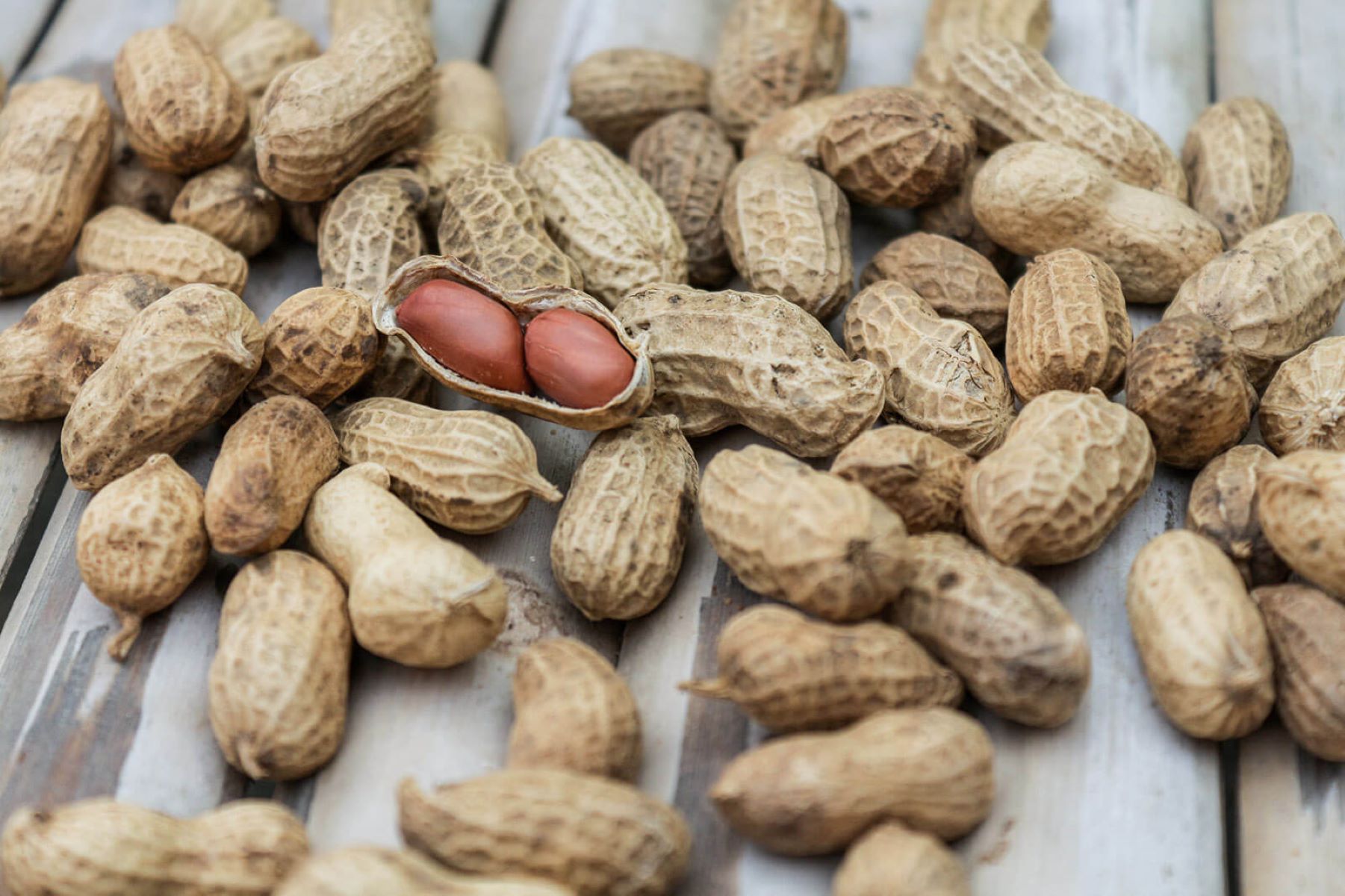

Articles
How To Store Raw Peanuts
Modified: May 6, 2024
Discover the best methods for storing raw peanuts in this insightful article. From proper packaging to ideal storage conditions, learn how to preserve the freshness and flavor of your peanuts.
(Many of the links in this article redirect to a specific reviewed product. Your purchase of these products through affiliate links helps to generate commission for Storables.com, at no extra cost. Learn more)
Introduction
Welcome to the world of peanuts! While most of us are familiar with roasted peanuts as a popular snack, raw peanuts offer a different experience altogether. Not only are they packed with nutrition, but they also have a unique taste and texture that can be enjoyed in various culinary creations.
Whether you have recently discovered the health benefits of raw peanuts or simply want to explore different ways to enjoy them, it is essential to understand how to store them properly. By storing raw peanuts correctly, you can maintain their freshness and ensure optimal flavor for an extended period.
This article will guide you through the process of storing raw peanuts, whether you choose to keep them in the pantry, refrigerator, or freezer. We will also discuss the importance of proper packaging and share some handy tips for extending their shelf life. By the end of this article, you’ll be equipped with the knowledge to store your raw peanuts like a pro!
Key Takeaways:
- Proper storage is crucial for maintaining the freshness and flavor of raw peanuts. Whether in the pantry, refrigerator, or freezer, airtight containers and proper labeling are key to preserving their quality.
- To extend the shelf life of raw peanuts, keep them dry, away from heat and sunlight, and use the “first in, first out” approach. Freezing in labeled, freezer-safe containers is ideal for long-term storage.
Read more: How To Store Green Peanuts
Choosing and Preparing Raw Peanuts
When it comes to choosing raw peanuts, freshness is key. Look for peanuts that are plump, with uniform size and shape, and free from any signs of mold, discoloration, or damage. It is best to purchase raw peanuts from a reputable source to ensure their quality.
Before storing raw peanuts, it is important to give them a thorough cleaning. Rinse them under cool running water to remove any dirt or debris. Some peanuts may have their shells intact, while others may be shelled. If you prefer shelled peanuts, you can remove the shells by gently cracking them open with your hands or using a nutcracker.
Once you have cleaned and prepared the raw peanuts, it is time to move on to the storage process. Let’s explore the different storage options available:
Storing Raw Peanuts in the Pantry
If you plan to consume your raw peanuts within a few weeks, storing them in the pantry is a convenient option. Here’s how to do it:
- Choose an airtight container: Transfer the raw peanuts to a clean, dry, and airtight container. This could be a glass jar, a plastic container with a tight-fitting lid, or a resealable bag. The key is to keep moisture and pests out to maintain the quality of the peanuts.
- Find a cool and dark spot: Place the container of raw peanuts in a cool and dark area of your pantry. Avoid exposing them to direct sunlight or heat sources, as this can accelerate the spoiling process.
- Check for freshness: Periodically, inspect the raw peanuts for any signs of spoilage, such as a rancid smell or the presence of mold. Discard any peanuts that do not meet the quality standards.
- Use within a few weeks: While raw peanuts can stay fresh in the pantry for a few weeks, it is best to consume them sooner rather than later to enjoy their optimal taste and texture.
By following these steps, you can store your raw peanuts in the pantry and have quick access to them whenever you want to incorporate them into your recipes or enjoy them as a snack.
Storing Raw Peanuts in the Refrigerator
If you want to extend the shelf life of your raw peanuts, storing them in the refrigerator is a great option. The cooler temperature of the fridge helps slow down the processes that can lead to spoilage. Here’s how to store raw peanuts in the refrigerator:
- Prep the peanuts: Before placing the raw peanuts in the refrigerator, make sure they are completely dry. Any moisture on the peanuts can lead to mould growth. If needed, pat them dry with a clean kitchen towel.
- Choose a storage container: Select a lidded container or a resealable bag that is large enough to accommodate the raw peanuts.
- Place the container in the fridge: Put the container of raw peanuts in the main compartment of your refrigerator, away from any strong-smelling foods. The cool temperature will help preserve the freshness and quality of the peanuts.
- Check periodically: Every few weeks, check the raw peanuts for any signs of spoilage. If you notice any unusual odours or mold growth, discard the affected peanuts.
- Use within a few months: While the refrigerator can prolong the shelf life of raw peanuts, it is still recommended to consume them within a few months to enjoy their best flavor and texture.
Storing raw peanuts in the refrigerator is an excellent option if you anticipate that it might take you longer to consume them. It’s worth noting that refrigeration can cause the peanuts to become slightly drier, so if you prefer a softer texture, you might want to consider an alternative storage method.
Store raw peanuts in a cool, dry place, such as a pantry or cupboard, away from direct sunlight and moisture. Make sure they are in a breathable container to prevent mold.
Storing Raw Peanuts in the Freezer
If you want to store your raw peanuts for an extended period, the freezer is your best friend. Freezing the peanuts will keep them fresh and flavorful for several months. Here’s how to store raw peanuts in the freezer:
- Prepare the peanuts: Make sure the raw peanuts are clean and completely dry. Excess moisture can cause freezer burn and affect the quality of the peanuts.
- Choose a freezer-safe container: Opt for a sturdy, airtight container or a heavy-duty freezer bag that is specifically designed for freezing food. Ensure that the container or bag is sealed tightly to prevent air and moisture from entering.
- Portion the peanuts: If you plan on using smaller quantities of peanuts at a time, consider portioning them out before freezing. This will make it easier to thaw only what you need without having to defrost the entire batch.
- Label and date: It’s essential to label the container or bag with the date of freezing. This will help you keep track of the storage time and ensure that you consume the peanuts within the recommended timeframe.
- Store in the freezer: Place the container or bag of raw peanuts in the freezer, preferably in the coldest part of your freezer. This will help maintain the peanuts at a consistently low temperature.
- Thaw before use: When you’re ready to use the raw peanuts, transfer the desired portion to the refrigerator and allow them to thaw overnight. Avoid thawing them at room temperature, as this can result in unwanted moisture buildup and a change in texture.
By following these steps, you can store raw peanuts in the freezer and have a supply of fresh peanuts on hand whenever you need them. Just remember to use them within the recommended storage time for best results.
Read more: How To Store Raw Chicken
Proper Packaging for Raw Peanuts
Proper packaging is crucial for maintaining the freshness and quality of raw peanuts. By choosing the right packaging materials, you can protect the peanuts from moisture, pests, and exposure to air. Here are some tips for proper packaging:
- Airtight containers: Opt for airtight containers made of glass, plastic, or metal to store your raw peanuts. These containers help create a barrier against moisture and reduce the risk of pests infiltrating the peanuts.
- Resealable bags: If you prefer using bags, make sure they are made of durable, food-grade plastic and have a reliable seal. Double-sealing the bags can provide added protection against moisture and contamination.
- Vacuum sealing: Consider using a vacuum sealer to remove excess air from the packaging. Vacuum-sealed bags can help extend the shelf life of raw peanuts by preventing oxidation and microbial growth.
- Freezer-safe packaging: If you plan to store raw peanuts in the freezer, opt for freezer-safe containers or heavy-duty freezer bags. These materials are designed to withstand low temperatures and protect the peanuts from freezer burn.
- Labeling: Don’t forget to label your packaging with the date of storage. This will help you keep track of the freshness of the peanuts and ensure that you use them within the recommended time frame.
By using proper packaging materials and techniques, you can preserve the quality, flavor, and texture of your raw peanuts for an extended period.
Tips for Extending Shelf Life
Maximizing the shelf life of raw peanuts requires proper storage and handling. Here are some helpful tips to extend the freshness and quality of your raw peanuts:
- Keep moisture at bay: Moisture is the enemy of raw peanuts as it can lead to mold growth. Make sure the peanuts are completely dry before storing them, and store them in airtight containers or bags to prevent moisture absorption.
- Avoid exposure to heat and sunlight: Raw peanuts are sensitive to heat and sunlight, which can cause them to spoil quickly. Store them in a cool, dark place away from direct sunlight and heat sources, such as the stove or oven.
- Rotate your peanuts: When using raw peanuts from a storage container, practice the “first in, first out” approach. This means using the oldest peanuts first and replenishing the container with fresh ones. This helps prevent the risk of older peanuts going bad before you have the chance to use them.
- Properly store roasted peanuts: If you have roasted peanuts in addition to raw peanuts, it is important to store them separately. Roasted peanuts have higher oil content and can turn rancid faster than raw peanuts. Keep them in airtight containers in a cool place to maintain their freshness.
- Avoid frequent temperature fluctuations: Rapid temperature changes can affect the quality of raw peanuts. Try to minimize opening and closing containers or transferring peanuts between different storage locations unless necessary.
- Inspect for signs of spoilage: Regularly check your raw peanuts for any signs of mold, unusual odors, or discoloration. If you notice any of these signs, discard the affected peanuts to prevent contamination of the rest.
- Buy in small quantities: If you don’t consume raw peanuts frequently, it is advisable to buy them in smaller quantities. This way, you can finish them before they lose their freshness.
By implementing these tips, you can significantly extend the shelf life of your raw peanuts and ensure that they remain fresh and enjoyable for a longer duration.
Conclusion
Storing raw peanuts properly is essential for preserving their freshness, flavor, and nutritional value. Whether you choose to store them in the pantry, refrigerator, or freezer, following the right steps will help ensure that your raw peanuts stay in prime condition for an extended period.
By selecting high-quality peanuts, cleaning them thoroughly, and using appropriate storage containers, you can maintain their integrity and avoid spoilage. Storing peanuts in airtight containers, away from heat, sunlight, and moisture, will help preserve their taste and texture.
If you anticipate a longer shelf life, freezing raw peanuts is a great option. However, be sure to package them properly in freezer-safe containers or bags to protect them from freezer burn and maintain their quality. Remember to label and date your storage containers for easy tracking.
By following these storage methods and incorporating our tips for extending shelf life, you can enjoy the goodness of raw peanuts for longer periods. Whether you use them in cooking, baking, or snacking, properly stored raw peanuts will enhance your culinary creations and provide you with a nutritious and delicious experience.
So go ahead and stock up on raw peanuts, implement the right storage techniques, and unlock the full potential of these versatile legumes in your kitchen!
Now that you've mastered storing raw peanuts, why stop there? Keeping your space tidy and efficient is just as essential. For those eager to find more savvy storage solutions, check out our latest roundup on the best storage solutions available. And if sorting through your pantry feels overwhelming, we've got a fantastic guide to help you achieve flawless pantry organization. Both articles are packed with practical advice to make your home more orderly and welcoming.
Frequently Asked Questions about How To Store Raw Peanuts
Was this page helpful?
At Storables.com, we guarantee accurate and reliable information. Our content, validated by Expert Board Contributors, is crafted following stringent Editorial Policies. We're committed to providing you with well-researched, expert-backed insights for all your informational needs.
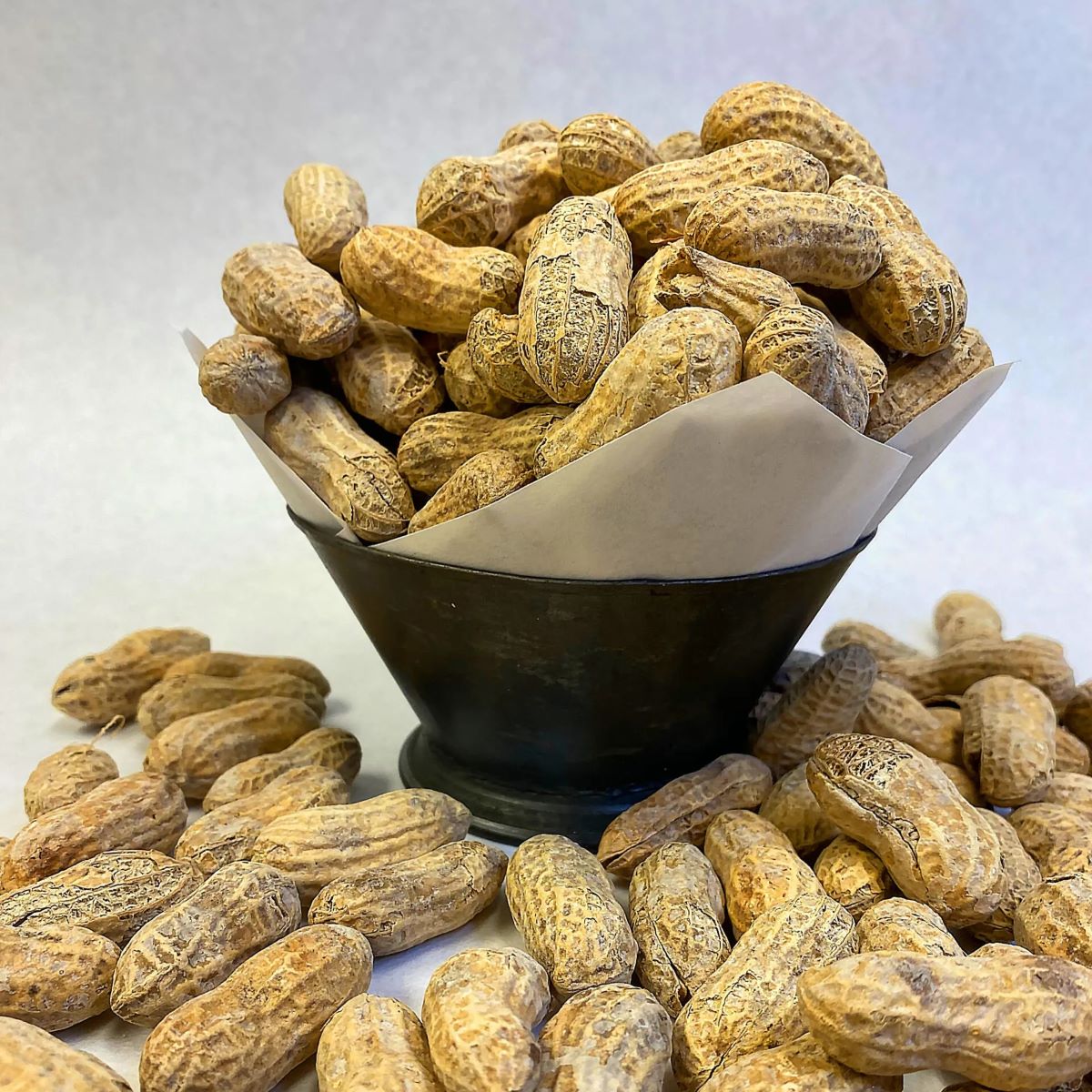
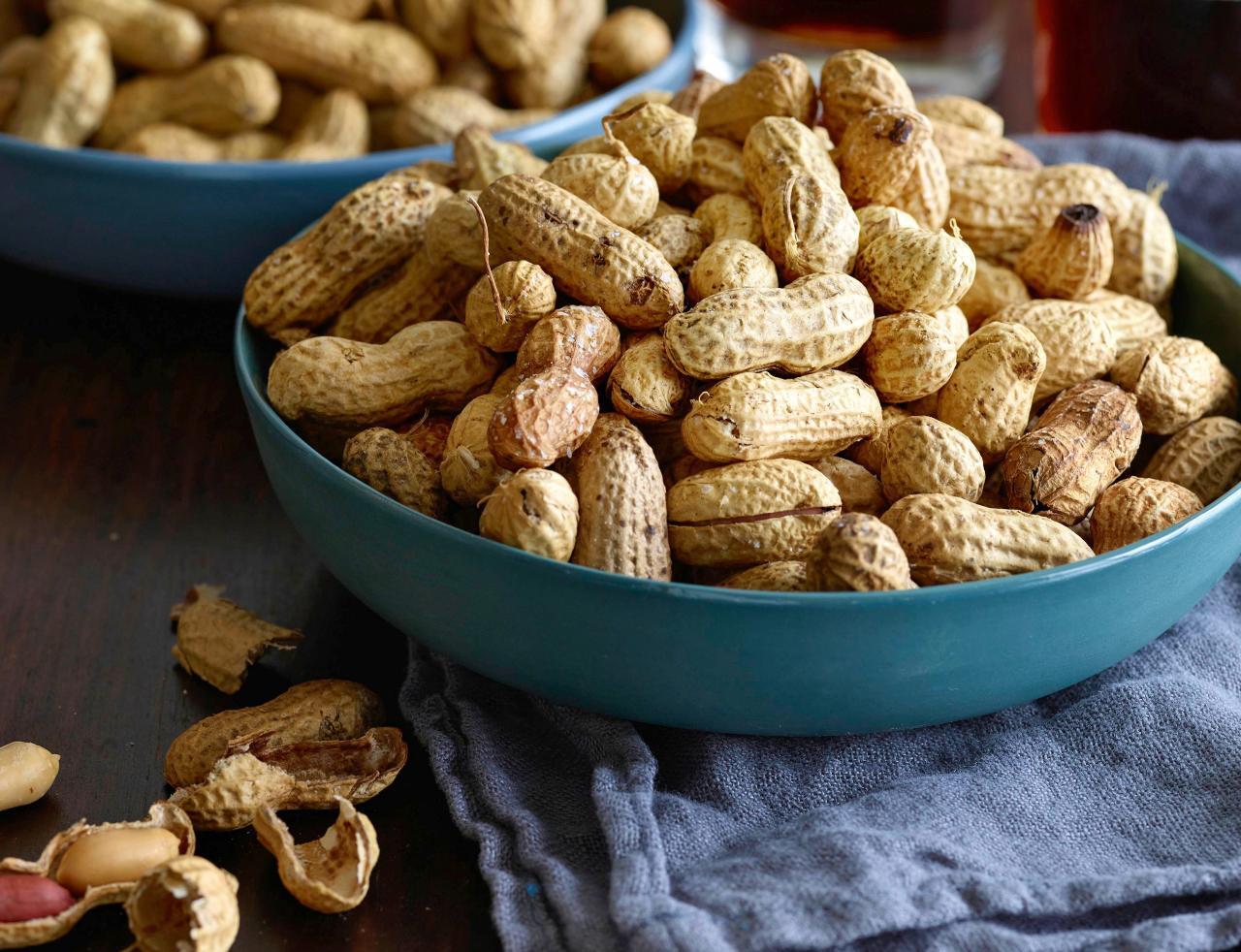
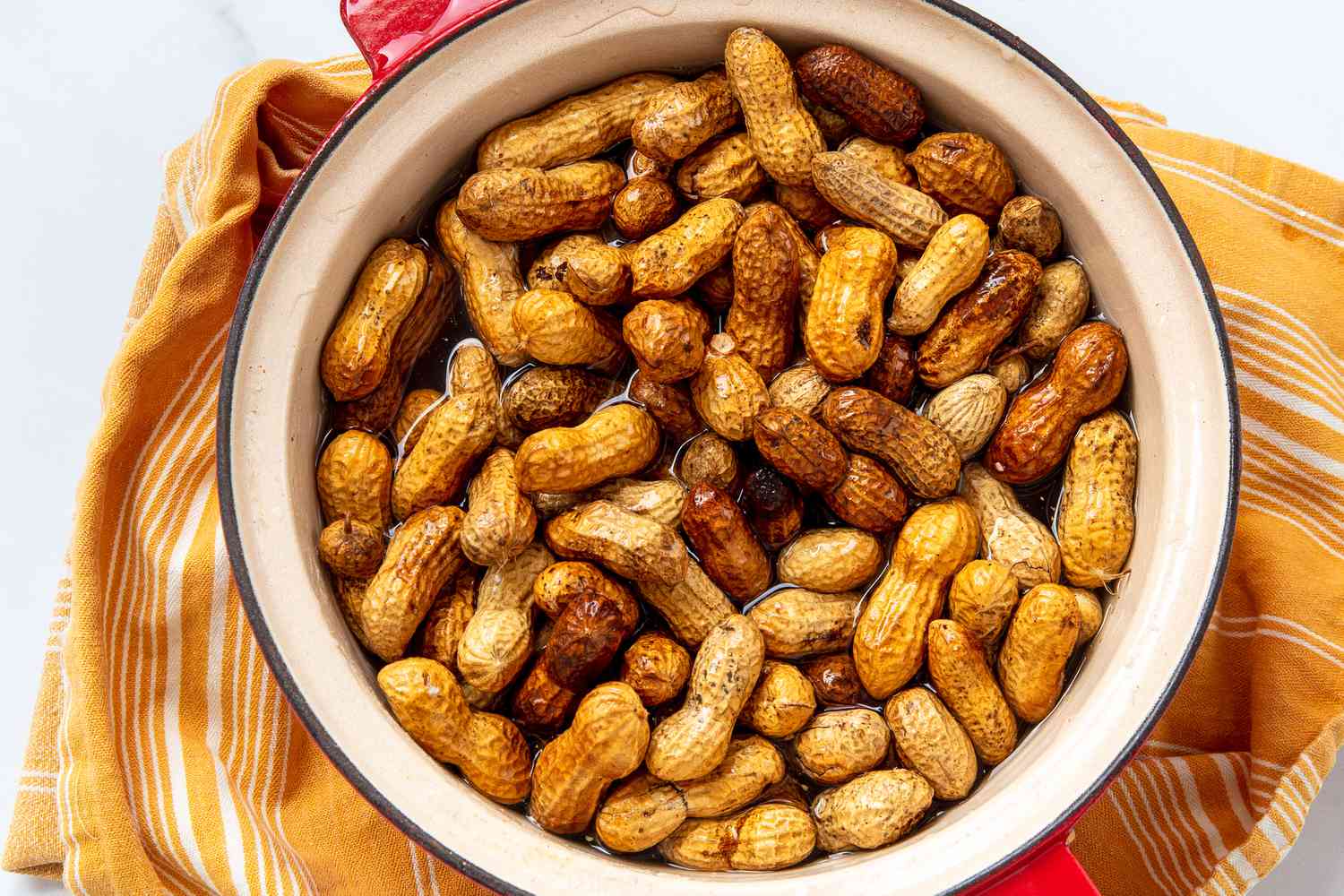
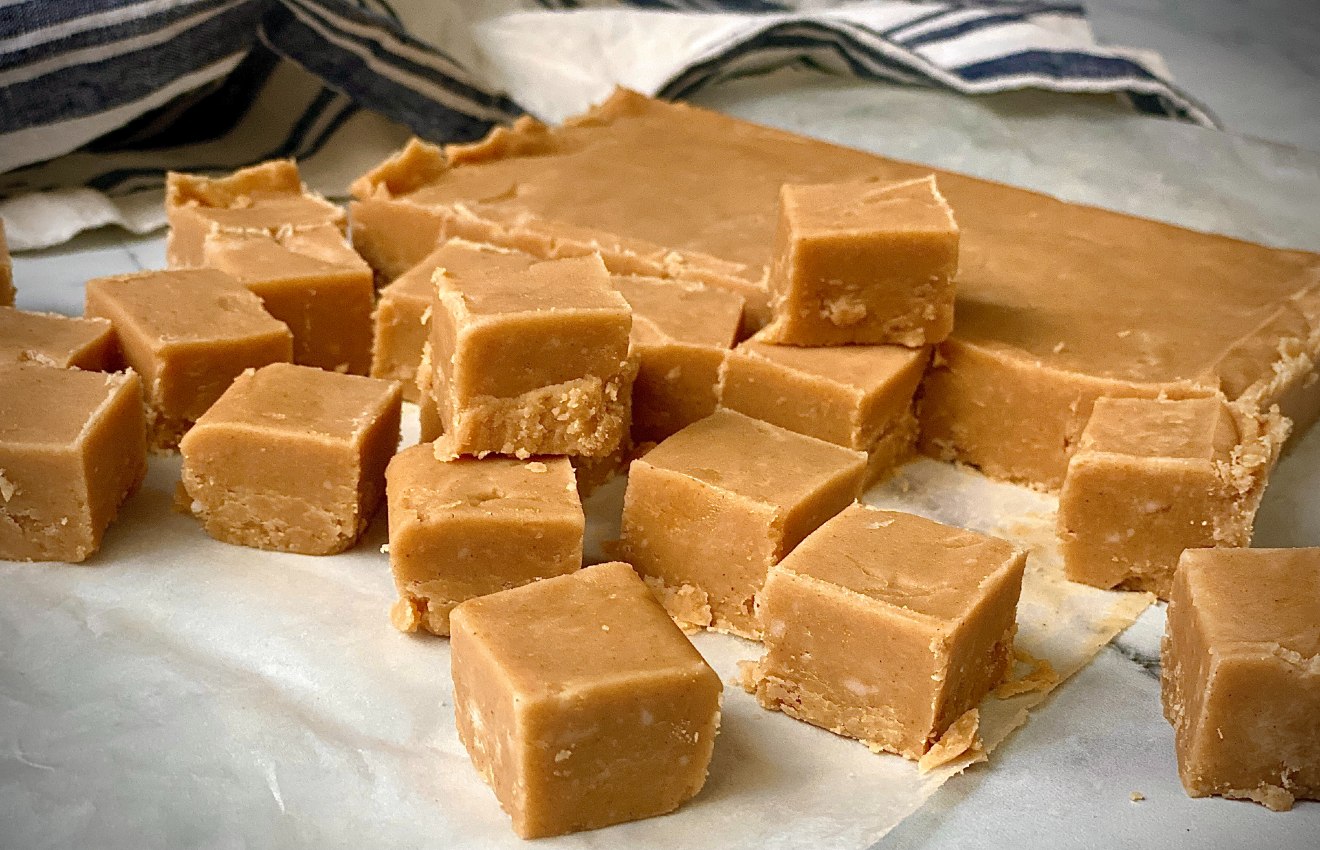
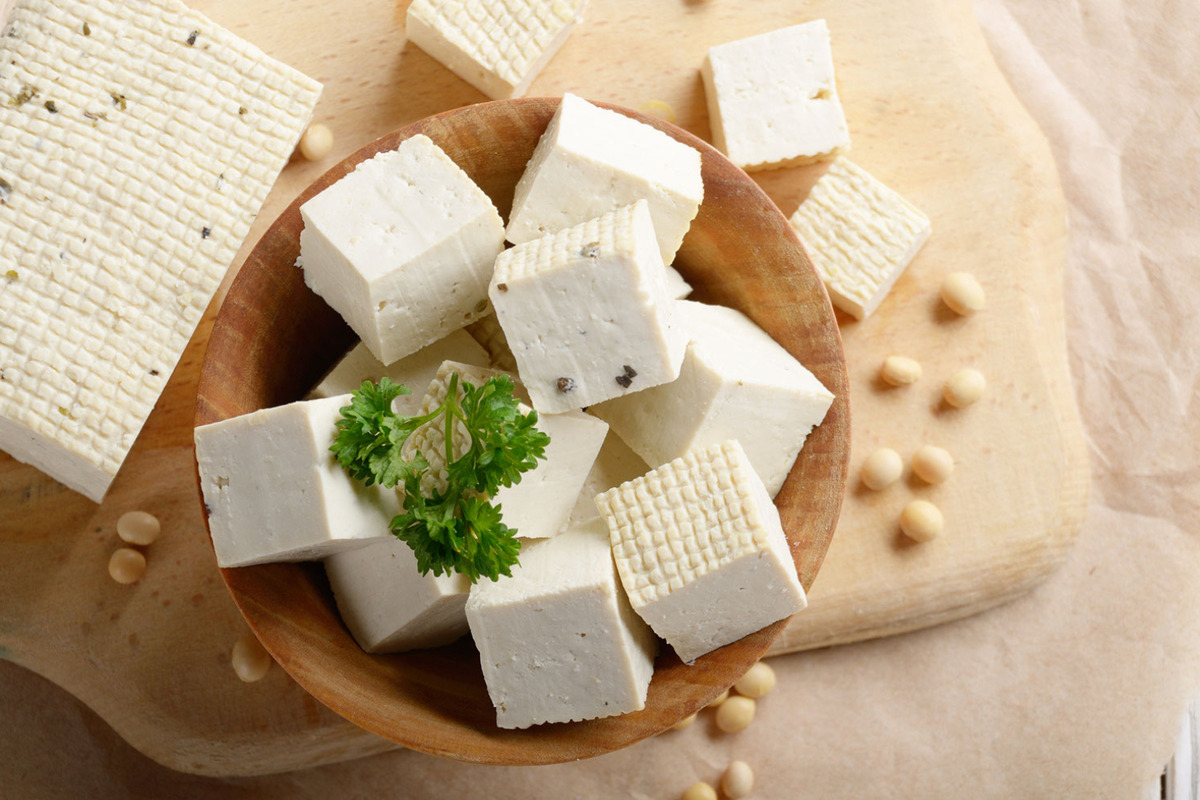
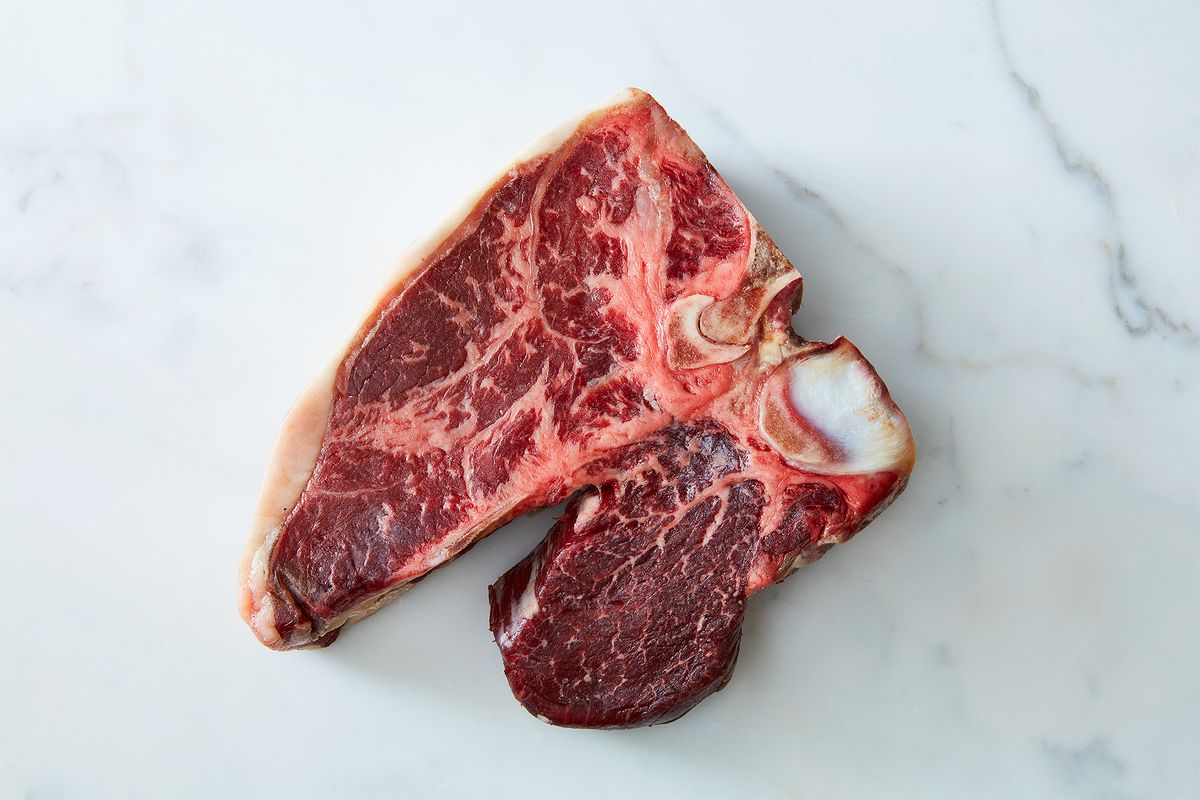
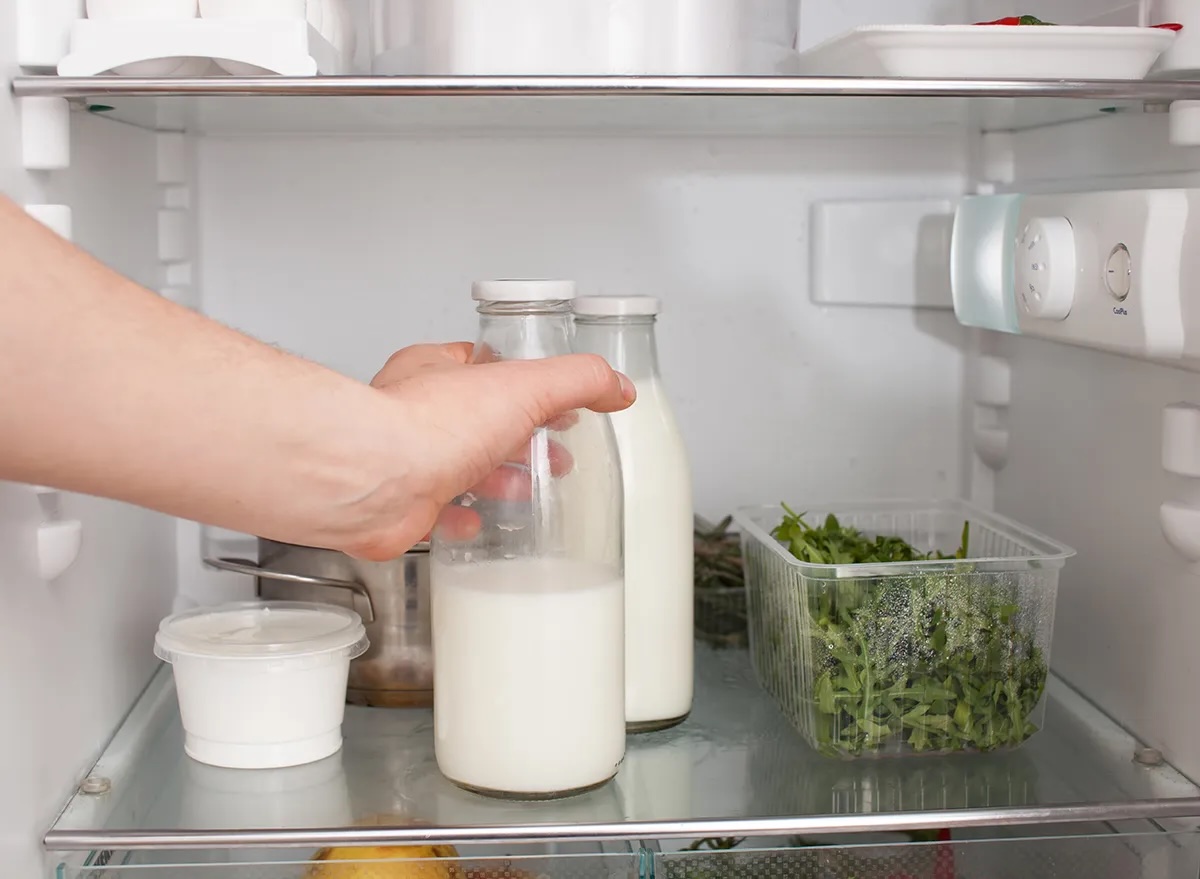
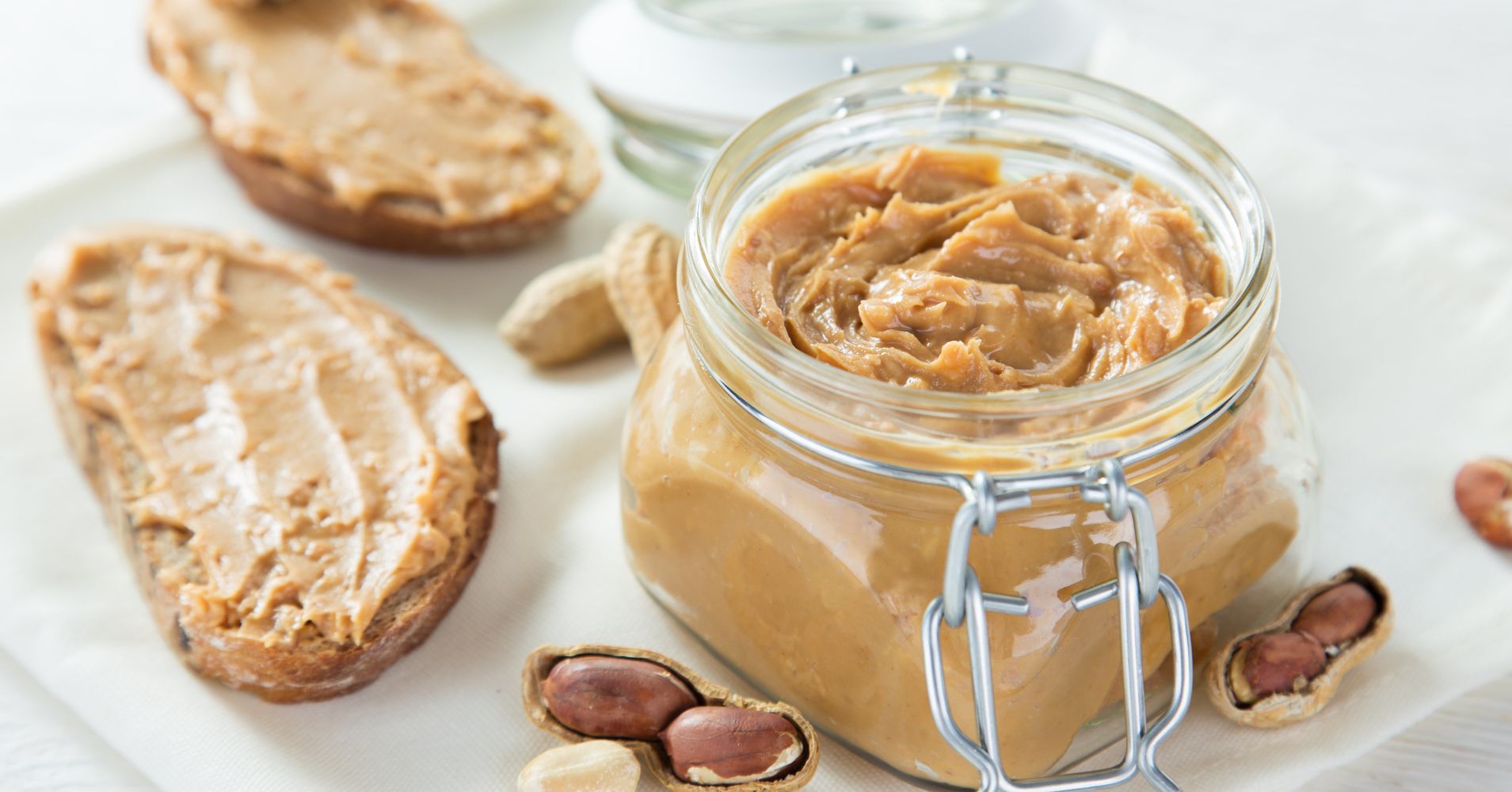

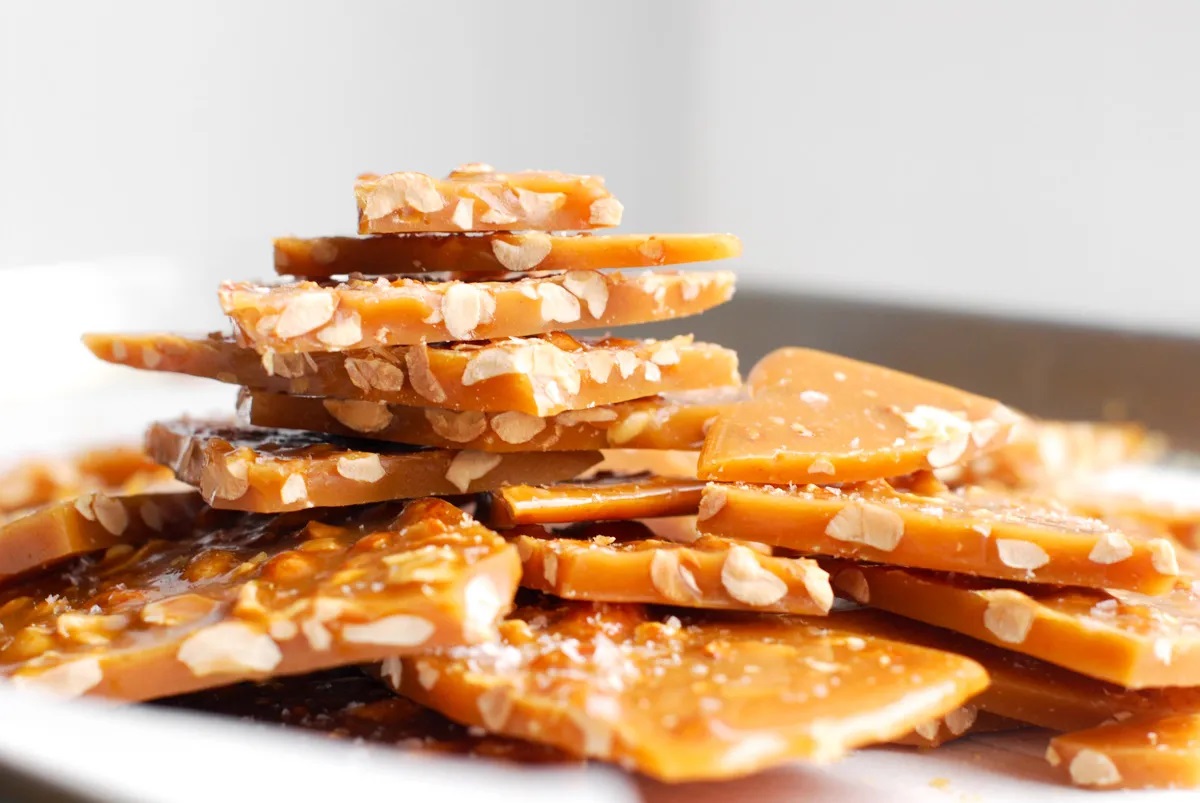
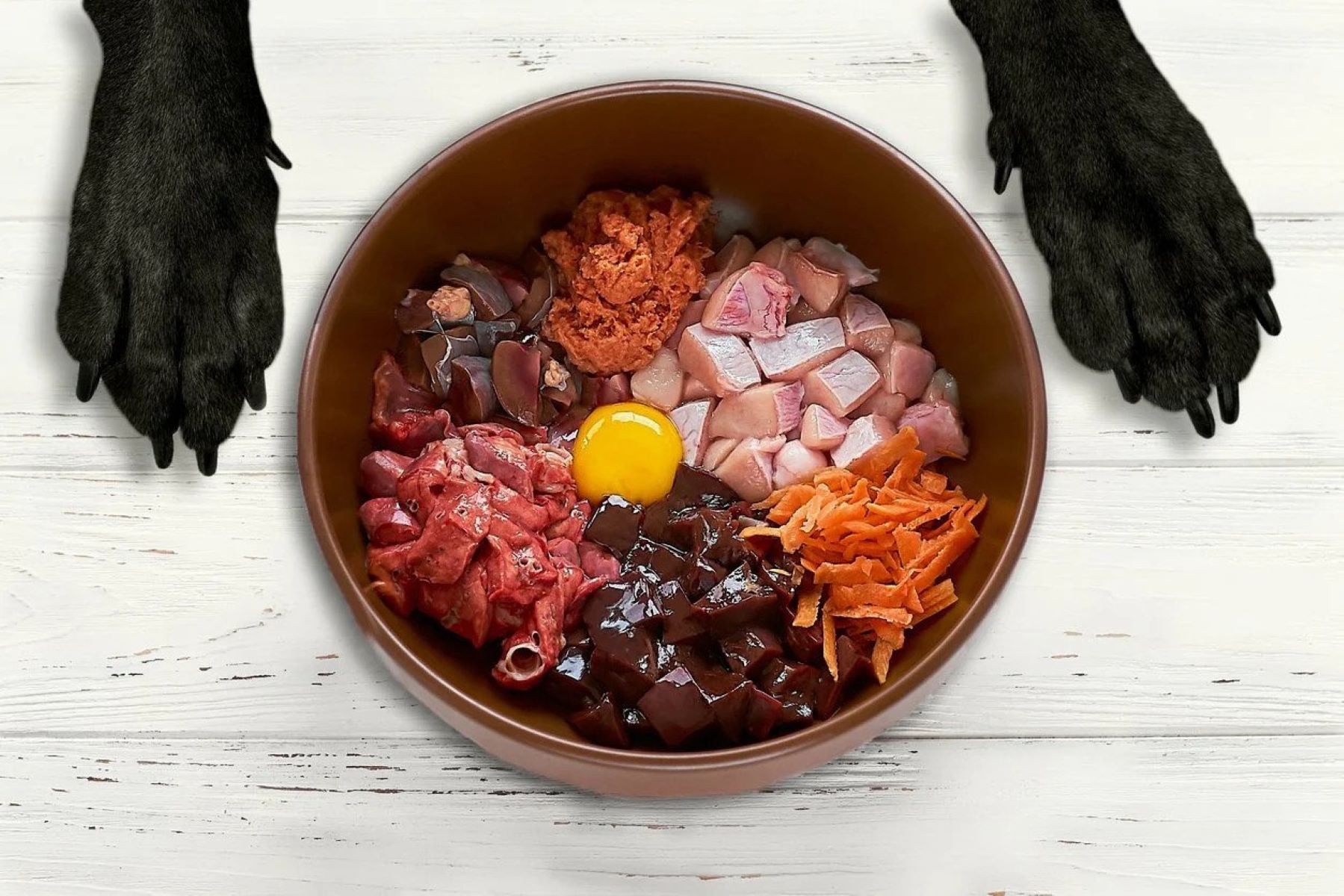
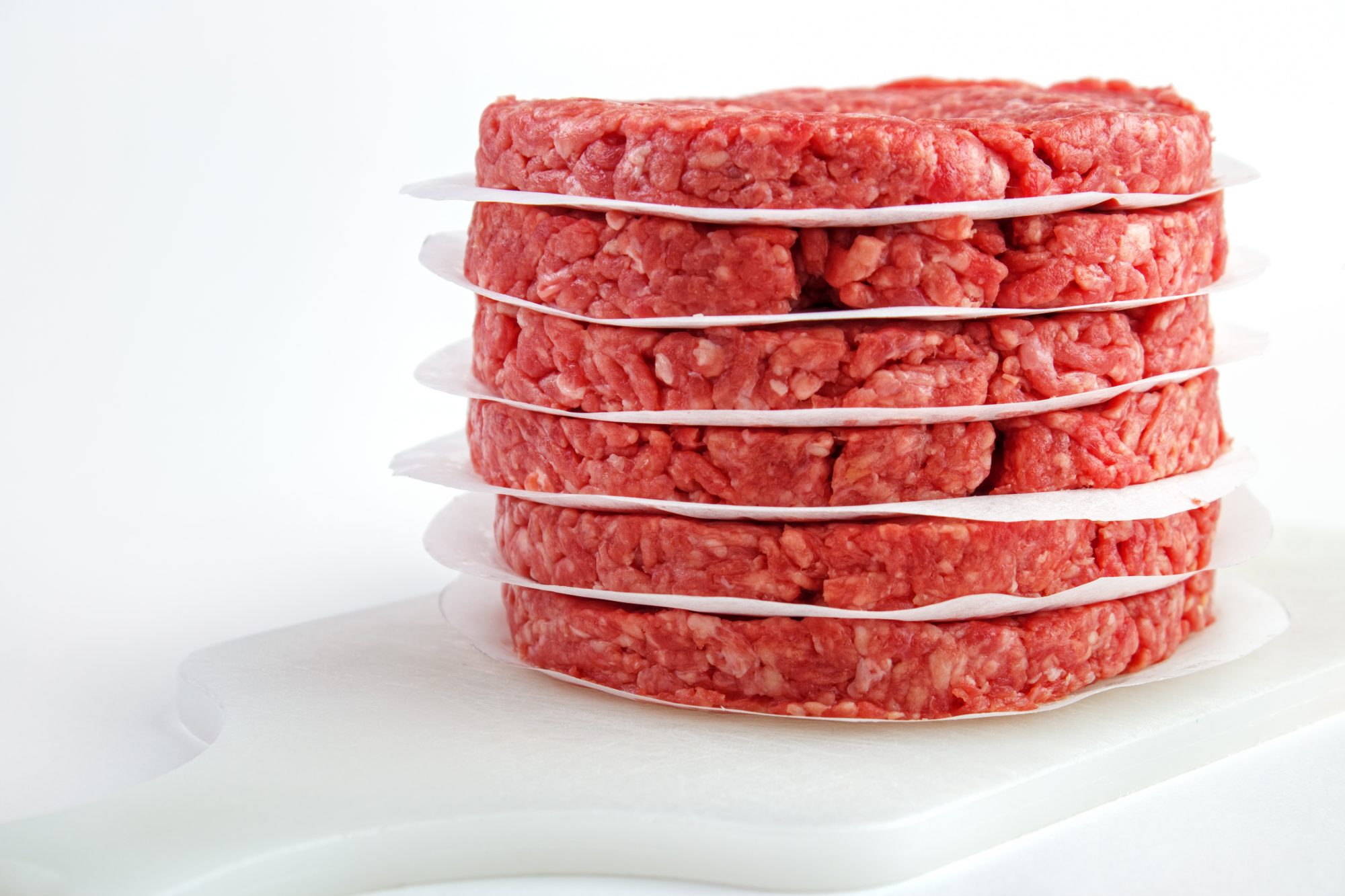
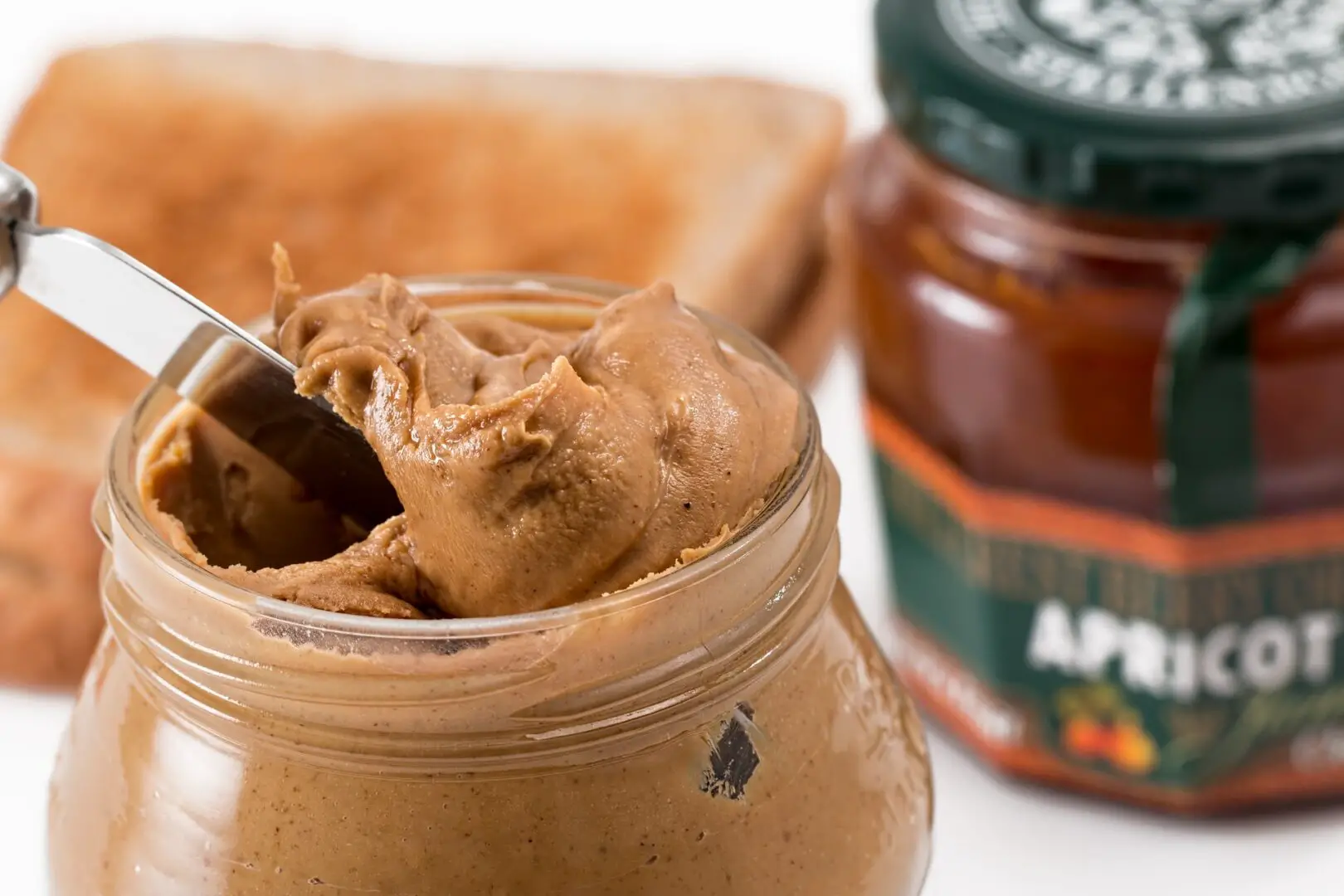
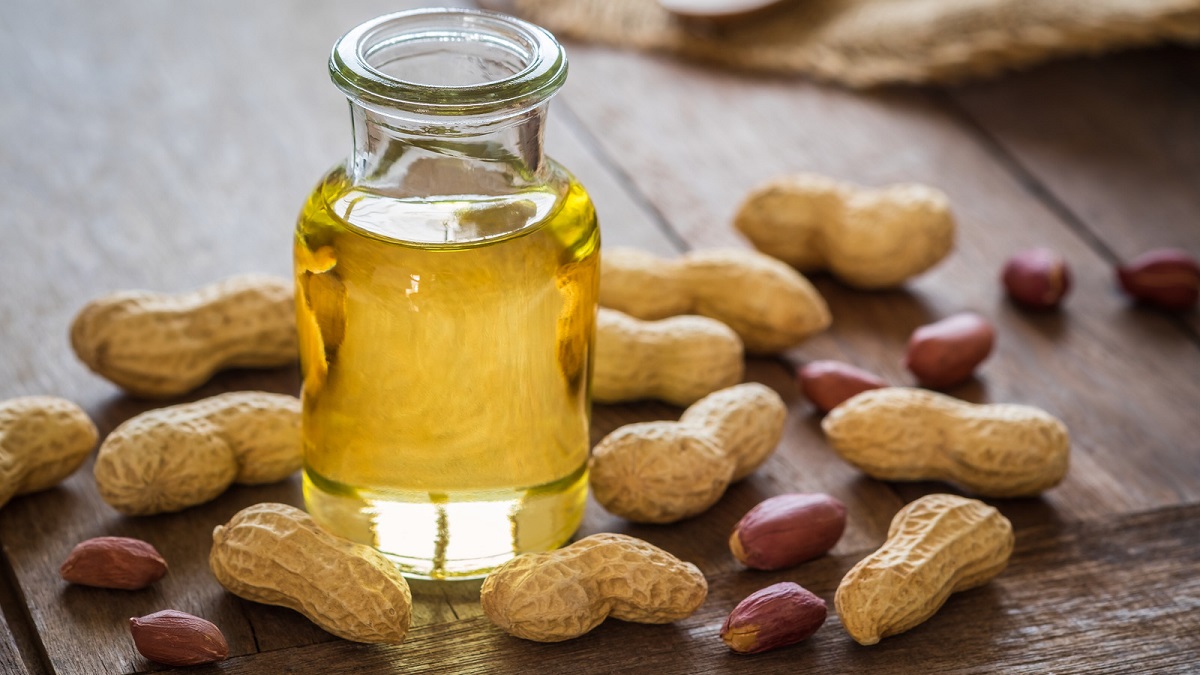

0 thoughts on “How To Store Raw Peanuts”